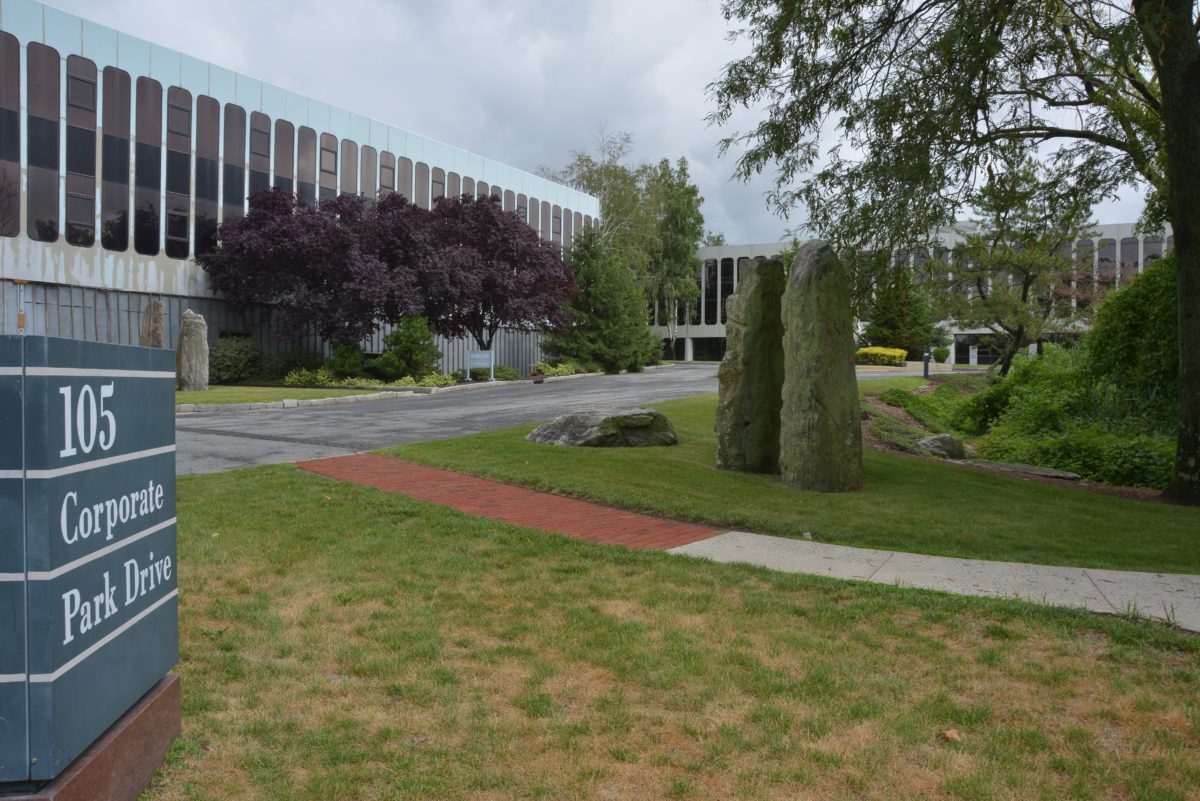It is well-settled that the use of social media, for better or worse, has become a mainstay in employment practices. Employers, recruiters and human resource professionals alike have all recognized that social media is an important tool in employee hiring, as both companies and prospective employees use social media to enhance their profiles and to present their qualifications in the most impressive light.
Recent case law and National Labor Relations Board decisions demonstrate the increased prevalence of social media in areas ranging from company monitoring of employee communications to employers”™ attempt to prohibit employees”™ online discussions about their work environment. Similarly, social media is playing an increasingly important role in employee terminations, as employers become more aware of what their employees do outside of work and how that behavior comports with a company”™s values.
SOCIAL MEDIA IN HIRING
Multiple surveys reveal that recruiters and prospective employers are looking at social media when making hiring decisions. These surveys demonstrate that job seekers too use social media as a tool to find employment ”” with 25 percent using it as their primary search tool  and younger job seekers ages 18 through 34 reporting that seven out of 10 found their previous job through social media. Companies are increasingly using social media to identify candidates, validate applicant resumes, and examine potential corporate “fit,” as well as to disqualify applicants whose social media postings or information are unacceptable to employers.
Companies”™ widespread use of social media in making hiring decisions implicates anti-discrimination laws at the federal, state, and local levels. These anti-discrimination laws, depending on the employer, prohibit employment discrimination based on race, color, religion, sex, and national origin; disabilities; age; differences in an employee”™s DNA, and veteran status.
Discrimination claims may arise due to employers learning about an applicant”™s protected status via social media, by excluding certain groups who do not receive information about the potential job because of overly targeted social media advertisements, or because the employer is making a hiring decision on an applicant”™s low social media score where the position does not justify such a score.
The use of social media in hiring may also bring into play the Fair Credit Reporting Act (FCRA). Companies often use third parties to conduct background or social media checks on applicants. In that scenario, the third parties are considered consumer reporting agencies or CRAs. As a CRA, those third parties must comply with the FCRA, including its notice provisions. Those provisions require notice to an applicant that a background check will occur, as well as notice that information having a negative impact has been found, and time to correct such information.
Another area impacted by the use of social media in hiring is password protection. As of Jan. 1, 30 states, including Connecticut, have passed laws that prohibit requesting or requiring an employee, student, or applicant from disclosing their username or password in connection with a personal social media account. While no analogous protection exists at the federal level, the Stored Communications Act arguably provides a similar level of protection.
The lessons concerning an employer”™s use of social media in hiring can be reduced to three key points. First, employers should use social media only as part of a larger recruitment plan. Second, employers should screen applicants in a consistent manner. And third, employers should review only publicly available information in connection with hiring decisions.
Myles Bartley and Jeffrey I. Carton are partners at Denlea & Carton LLP, a boutique litigation law firm in West Harrison serving clients in New York, Connecticut, New Jersey and Massachusetts. Bartley can be reached at mbartley@denleacarton.com or 914-331-0107. Carton can be reached at jcarton@denleacarton.com or 914- 331-0100.
This is the first of three articles examining legal and business issues associated with using social media in hiring, during an employee”™s tenure and in termination decisions.Â





















